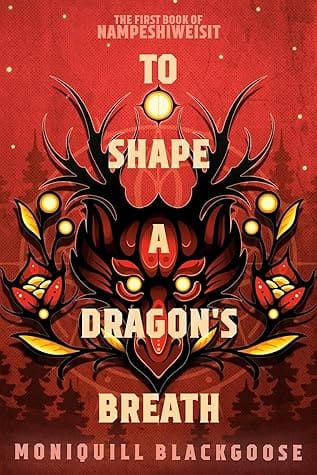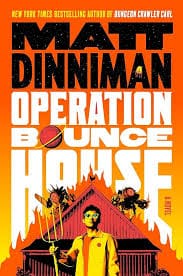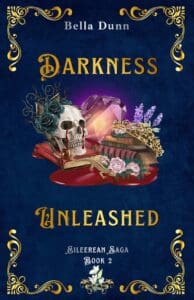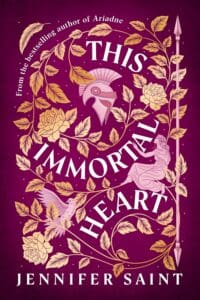
Synopsis
The remote island of Masquapaug has not seen a dragon in many generations—until fifteen-year-old Anequs finds a dragon’s egg and bonds with its hatchling. Her people are delighted, for all remember the tales of the days when dragons lived among them and danced away the storms of autumn, enabling the people to thrive. To them, Anequs is revered as Nampeshiweisit—a person in a unique relationship with a dragon.
Unfortunately for Anequs, the Anglish conquerors of her land have different opinions. They have a very specific idea of how a dragon should be raised, and who should be doing the raising—and Anequs does not meet any of their requirements. Only with great reluctance do they allow Anequs to enroll in a proper Anglish dragon school on the mainland. If she cannot succeed there, her dragon will be killed.
For a girl with no formal schooling, a non-Anglish upbringing, and a very different understanding of the history of her land, challenges abound—both socially and academically. But Anequs is smart, determined, and resolved to learn what she needs to help her dragon, even if it means teaching herself. The one thing she refuses to do, however, is become the meek Anglish miss that everyone expects.
Anequs and her dragon may be coming of age, but they’re also coming to power, and that brings an important realization: the world needs changing—and they might just be the ones to do it.
Review
Fireborne meets Babel.
Anequs becomes the first Nampeshiweisit, someone chosen by a hatched dragon, in decades. To avoid war, she must leave her indigenous island home to attend an Anglish academy for dragon riders. Here, she must learn to control her dragon’s power despite facing cultural clashes and prejudice from the colonisers, whose ways she must learn to be accepted without losing her own identity.
This is how you write a critical fantasy for Young Adults that is not too heavy-handed, but is filled with empathy and change.
The shapeless medicine of a dragon’s breath is change.
Anequs is viewed as a savage, as someone who comes from a backward island that needs to be civilised and should be thankful for it. Her knowledge and customs are disregarded as barbaric.
This is contrasted with the book being told in the first person. This allows us to see and hear Anequs’s own confusion, disbelief, and anger. This plays well into the YA category as it often comes across as naivety – from both Anequs and those characters who might want to learn from her.
I didn’t love the dragon academia as much. A shock, as I love fantasy academia. However, it was imparted in info dumps that were often boring and incomprehensible. I think they were ill-suited for a YA book.
Maybe that is a subtle criticism of Western education, or maybe I’m reading into it.
This isn’t necessarily fast-paced or exciting, but I enjoyed Anequs’s character and her new friends (which included autism representation).







Leave a Reply